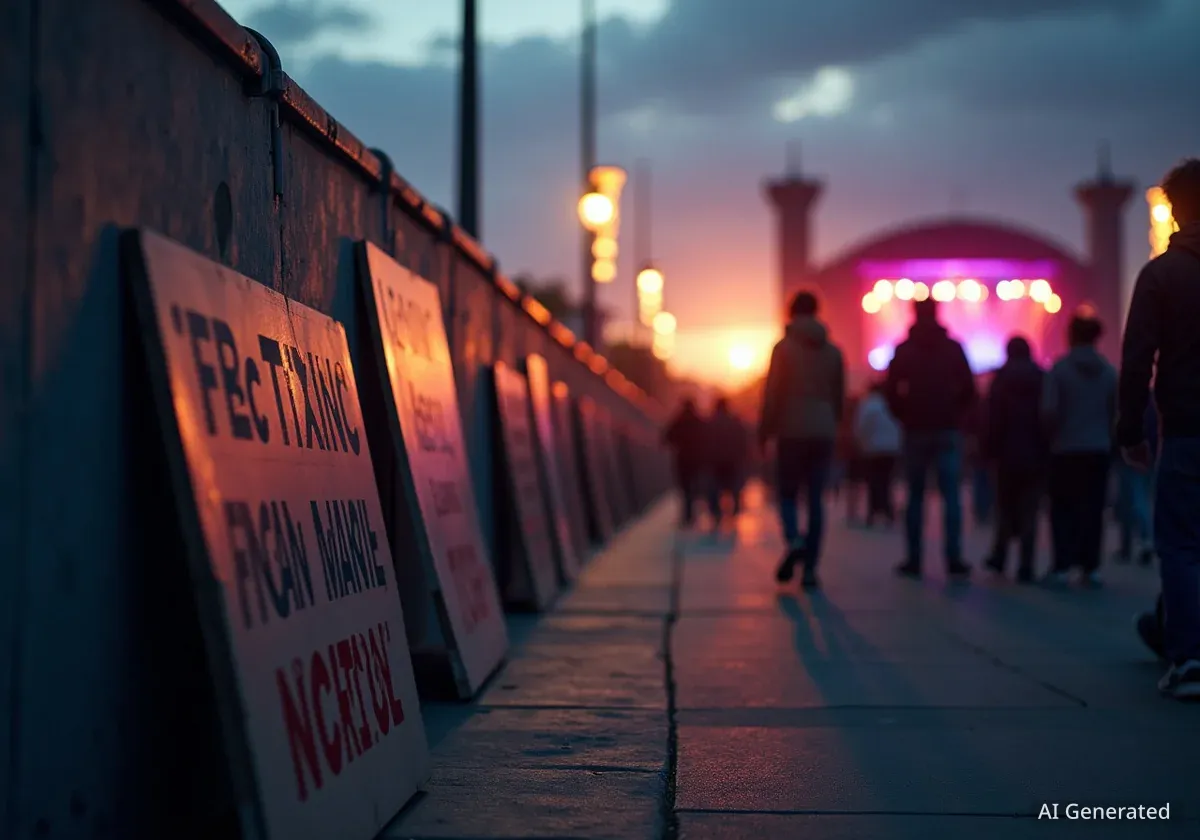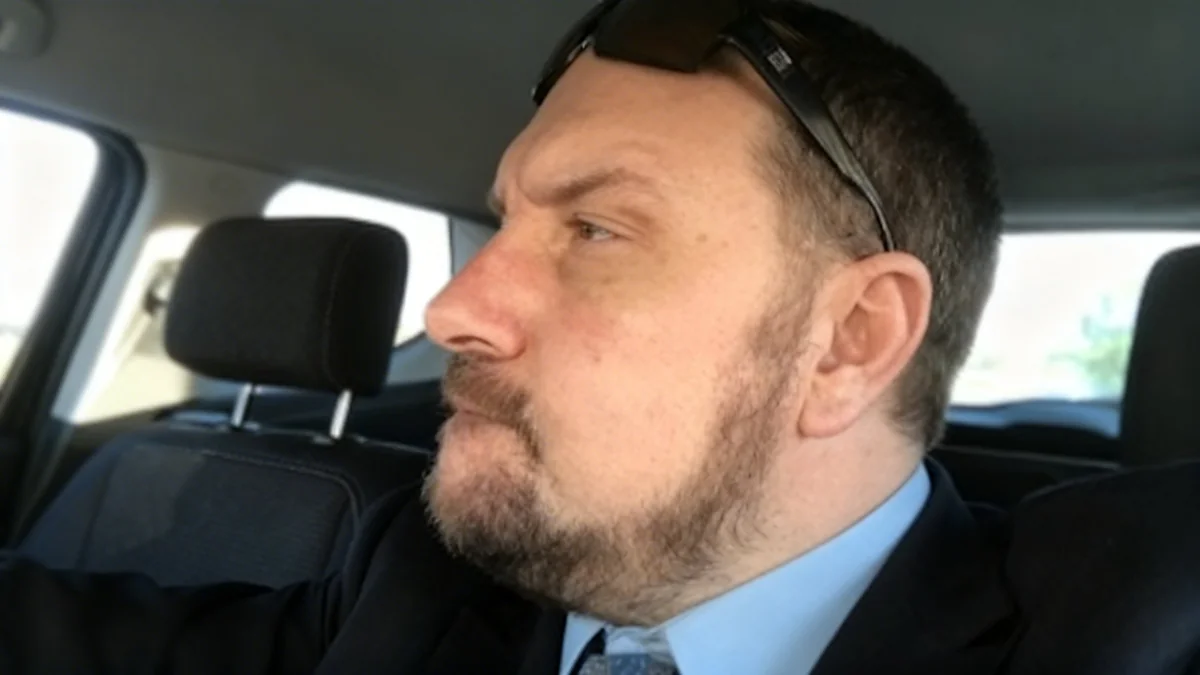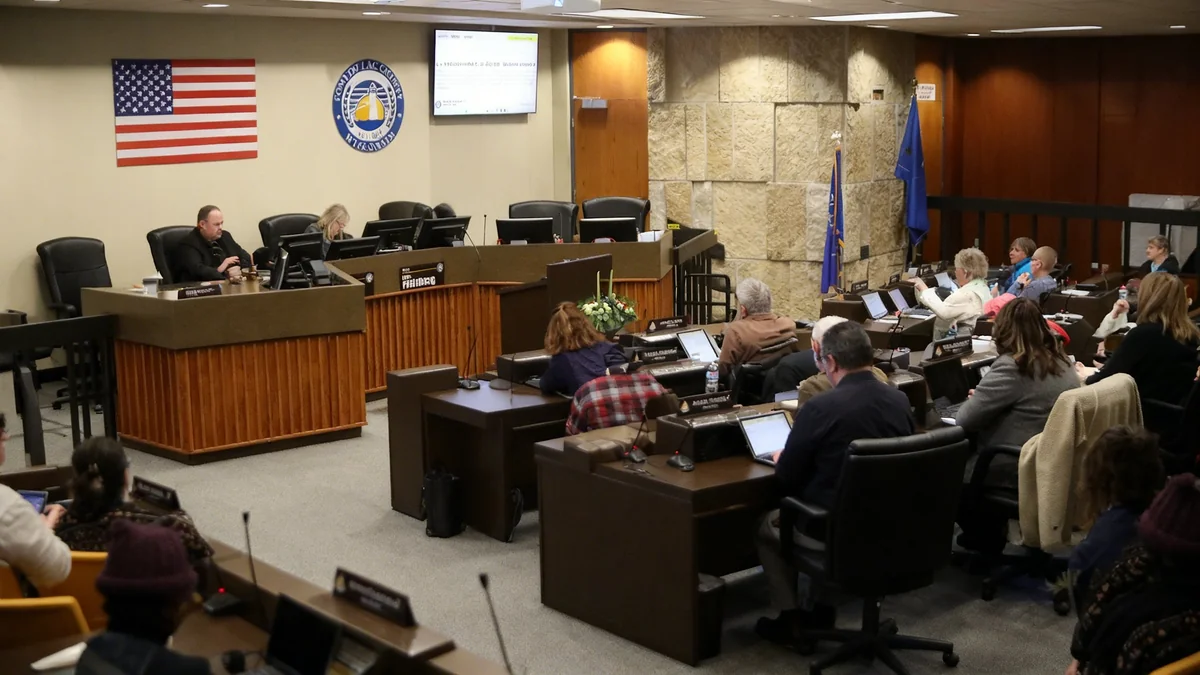David Draiman, the frontman for the band Disturbed, has recently become a central figure in a heated international debate following his public support for the Israeli Defense Forces (IDF). This controversy intensified after Draiman posted images of himself signing a bomb, leading to concert cancellations and sharp criticism from public figures and fans alike.
Key Takeaways
- David Draiman's IDF support led to concert cancellations in Belgium and Scotland.
- American actor John Cusack publicly criticized Draiman's actions as "psychotic."
- Draiman defended his stance, engaging in a direct exchange with Cusack.
- The band's Dublin concert proceeded despite significant public protests.
- Draiman later drew attention for retweeting disinformation about an Irish presidential candidate.
Concert Cancellations and Public Outcry
Disturbed faced immediate repercussions for Draiman's actions. Concerts scheduled in Brussels, Belgium, and Scotland were canceled. These cancellations came amidst global protests and increasing scrutiny over the conflict in Palestine.
The decision to cancel shows highlights the significant impact of artists' political stances on their careers and audience reception. Many individuals expressed strong disapproval of Draiman's actions, particularly the image of him signing a bomb.
Impact on Tour Dates
- Belgium: Brussels concert canceled.
- Scotland: Band barred from performing.
- Ireland: Dublin concert proceeded despite protests.
John Cusack's Criticism and Draiman's Response
The controversy gained further traction when American actor John Cusack weighed in. Cusack responded to a social media post criticizing Draiman, stating,
"Anyone who signs a bomb is psychotic."This comment quickly went viral, drawing more attention to Draiman's conduct.
Draiman did not hesitate to respond directly to Cusack. He posted a retort, defending his actions as a necessary defense against what he described as a "genocidal death cult." Draiman further accused Cusack of supporting this same group, intensifying the personal nature of the feud.
This public exchange between a rock musician and a Hollywood actor underscored the deep divisions surrounding the conflict and the polarizing effect of taking a public stance.
The Dublin Concert Controversy
Despite the cancellations in other European cities, Disturbed's concert in Dublin, Ireland, proceeded as planned. This decision sparked considerable outrage among many Irish citizens and activist groups. Ireland has a long history of occupation, leading to strong pro-Palestine sentiments within the country.
Protests were organized against the concert, with many expressing concern about providing a platform to an artist who openly supports the IDF. One individual on social media questioned the concert organizers, MCD Productions, directly:
"If there was someone shot in the head tonight in Cork City and my signature was found on the bullet, would you give me a gig @mcd_productions???? Ye will forever be a disgrace to this country if ye go ahead with this David [Draiman] gig next Wednesday in Dublin."
The concert ultimately took place, but the protests highlighted a significant disconnect between the organizers' decision and a segment of the Irish public's views.
International Scrutiny
The United Nations has stated that Israel's actions in Gaza could be considered genocidal. Additionally, the International Criminal Court (ICC) has sought an arrest warrant for Israeli Prime Minister Benjamin Netanyahu for alleged war crimes. These international declarations add a layer of complexity to public figures' support for the IDF.
Draiman's Post-Concert Social Media Activity
Following the Dublin concert, David Draiman continued to engage in controversial online activity. He reportedly spent time retweeting right-wing disinformation regarding the Irish presidential election.
His posts targeted candidate Catherine Connolly, who held a significant lead in the polls, garnering approximately 64% of the overall vote. The other two candidates, Jim Gavin and Heather Humphreys, collectively held about 35%.
Gavin had withdrawn from the race before voting began, and Humphreys later conceded to Connolly. Draiman's decision to spread unverified information about a leading political figure in a country where his band had just performed further fueled criticism of his judgment and public conduct.
This incident illustrates how public figures' social media engagement can extend controversies beyond their primary professional fields, impacting political discourse in other nations.




